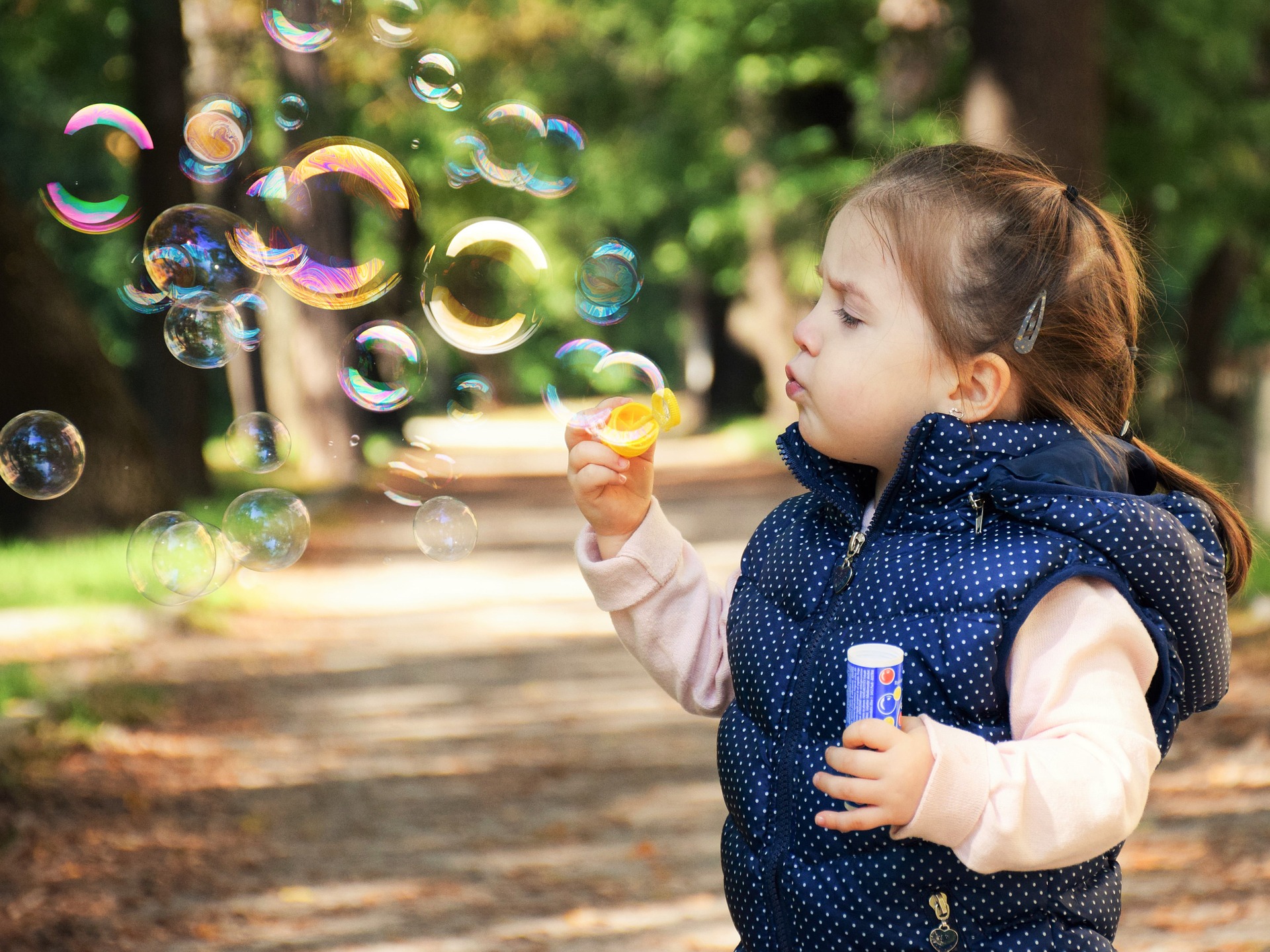
Raising children can be a wonderful and stressful experience at the same time. While you’ll never experience a love like being a parent, you will also never worry about something so much as your children. And while being a parent doesn’t necessarily come with a training manual, it’s up to you as a parent to teach your children about certain things to keep them safe and healthy. While young children may not always make the best decisions or have the best understanding, teaching young children certain things can provide a safer future as they get older. Here are five things you’ll need to teach your child before his or her 5th birthday.
1. Stranger Danger
Unfortunately there are way too many people out there looking to do harm to children, so it’s very important for you to teach your child the importance of stranger danger.
- Teach your child not to accept presents or rides from strangers
- Create a family safe word that your child knows; if the person talking to your child doesn’t know the safe word, then your child knows to run away
- Make sure your child knows what to do if they’re approached by a stranger
- Let your child know the importance of staying with you while in public places and what to do in these places if you and them were to become separated
2. Natural Disasters
Different natural disasters occur in different parts of the world, so think about the natural disasters that are most likely to happen in your area and teach your child what to do should this even ever occur. For instance, if you have underground bunkers in your yard or home, teach your child about when to go down there. If you have another type of safe room or a designated area to go to in a natural disaster, be sure your child knows what to do and how to get there. To be safe, be sure you and your family practice these routines often so your young child has a great understanding of what to do.
3. House Fires
While no parent ever wants to experience a house fire, it’s always a possibility. Because of this, you want to teach your child what to do in the event of a fire, especially when they’re little. Create an escape plan for your child in different areas of the house. If your child’s bedroom is on a top level, be sure they have an escape ladder in their room just in case and that they know how to at least open the window. It’s also necessary for you to teach your child where you and the family will meet in the event you all need to evacuate the home. Like natural disasters, it’s very important that you and your family do practice runs of this to ensure your young child truly understands what to do.
4. Emergencies
Your job is to always protect your child, but what if an emergency occurs and you are not able to help? For instance, what if you were to fall and hit your head and be knocked unconscious? Would your young child know what to do in this situation? When your child is young, teach them how to use a phone or a home alarm system to contact first responders. Teach them about 9-1-1 and how to get ahold of the police or fire departments in the event of an emergency. Many local police and fire departments will be happy to teach your child too, so contact yours to see if you can bring your child by to meet the police officers or fire fighters. This will not only reinforce the importance to your child, but it will also make them feel more comfortable.
5. Clean Up
According to Amazon Cleaning, a maid service based in Atlanta, GA “When children are young, most parents do the cleaning up for the child. However, if you continue to just clean up after your child all the time, then you’ll have a harder time getting them to clean up after themselves as they get older.” When your child is able to clean up on their own, teach them how to do it. For instance, you can teach them where their own toys go or where to put their plates when they’re done eating. This will not only give your child a sense of independence, but it will help them learn to be responsible as they get older.
Being a parent is a tough job, and the world can be a scary place. But if you ensure your children know these five things before their fifth birthday, you’ll be setting them up for a better experience.
